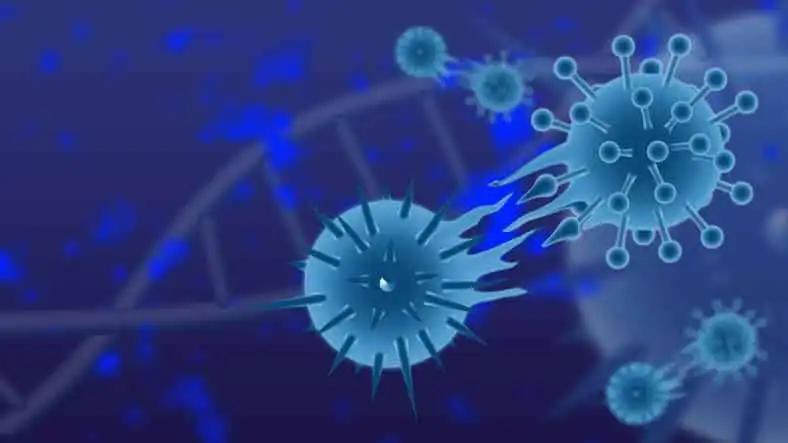KEY TAKEAWAYS
- A pediatric MATCH phase II trial aimed to evaluate the effectiveness of Erdafitinib in patients with FGFR-altered tumors.
- Patients received Erdafitinib daily for 28-day cycles until disease progression or toxicity.The primary endpoint was ORR, and the secondary endpoint was PFS.
- The study concluded that Erdafitinib was well tolerated in children with FGFR-altered tumors.
MATCH trial is a clinical trial that assigns children with relapsed or refractory cancer to phase II treatment arm s based on their tumor’s genetic alterations. Researchers aimed to evaluate the effectiveness of Erdafitinib in patients with tumors that have activating alterations in the FGFR gene.
Patients were given Erdafitinib orally at a dose of 4.7 mg/m2 (maximum 8 mg) per 28-day cycles until disease progression or drug-related dose-limiting toxicity (maximum 26 cycles). Objective response rate (ORR) was the primary endpoint, with progression-free survival (PFS) as secondary.
The study enrolled 20 pediatric patients with glioma or glioneuronal tumors (11 low grade, 6 high grade). Three patients had non-CNS solid tumors, including neuroblastoma, osteosarcoma, and rhabdomyosarcoma. FGFR alterations detected included activating hotspot mutations in FGFR1 (n=16), FGFR2 (n=1), FGFR4 (n=1), and FGFR1 fusions (n=2; FGFR1:TACC1, FGFR1:TACC3). Central review confirmed partial responses in 2 out of 20 patients (10%, 90% CI: 3.4%, 26.2%). They both had low-grade gliomas or glioneuronal tumors (LGG, LGGNT) and FGFR1 hotspot mutations (K687E and N577K). About 6 patients achieved a partial response, and 6 patients with gliomas achieved stable disease (SD) with a median duration of 6.5 cycles. Six-month PFS was 45% (95% CI: 23.1%, 64.7%), and six-month OS was 89.7%(95%CI: 64.8%, 97.3%). Treatment-related adverse events included hyperphosphatemia, nail changes or infections, vision changes, spinal cord compression, and intracranial hemorrhage.
The study concluded that Erdafitinib was well-tolerated in children with FGFR-altered tumors, 54% of patients with FGFR1-mutant tumors had partial responses or stable disease—more studies are needed to evaluate Erdafitinib in other histologies and FGFR types or combination therapy.
Source: https://meetings.asco.org/abstracts-presentations/218016
Clinical Trial: https://www.clinicaltrials.gov/study/NCT03210714
Alice Lee, Alexander J. Chou, P. Mickey Williams, Sinchita Roy-Chowdhuri, David R. Patton, Brent D. Coffey, Joel M. Reid, Jin Piao, Lauren Saguilig, Todd Allen Alonzo, Stacey L. Berg, Alok Jaju, Elizabeth Fox, Douglas S. Hawkins, Margaret M. Mooney, Naoko Takebe, James V. Tricoli, Katherine A. Janeway, Nita Seibel, and Donald Williams Parsons. Journal of Clinical Oncology (2023) 41:16_suppl, 10007-10007.



